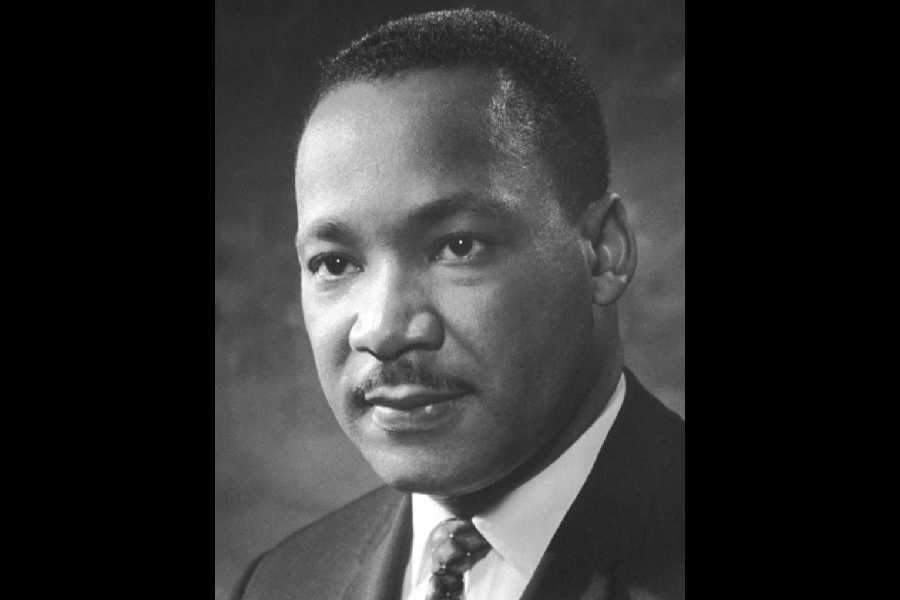More than 6,000 documents related to the 1968 assassination of the Rev Dr Martin Luther King Jr, totalling nearly a quarter-million pages, were posted to the website of the National Archives late on Monday afternoon, in what the administration hailed as a triumph of transparency.
But several noted King historians said they had found little in the way of new revelations about the death of the civil rights leader in the documents, and noted that the trove does not include FBI wiretap recordings of Dr King and other materials that remain under court seal until 2027.
The release on Monday, with no prior notice, came at a time when Trump and White House officials have sought to divert attention from right-wing backlash demanding the release of files related to the death of the disgraced financier Jeffrey Epstein.
Trump administration officials said the King assassination documents include notes on the leads pursued by investigators, interviews with people who knew his killer, James Earl Ray, and previously unreleased details of interactions with foreign intelligence services during the manhunt for Ray.
An audio file released on Monday includes part of a law enforcement interview with Jerry Ray, one of James Earl Ray’s siblings. In a statement, officials said the published documents had “never been digitised and sat collecting dust in facilities across the federal government for decades”.
Many of the pages have been rendered almost illegible by time and the digitising process. There were random and wide-ranging accounts of the investigation and manhunt, including hundreds of news clippings, tips from the public, accounts of Ray’s forays into dance classes and locksmith school, and his fondness for aliases drawn from James Bond novels.
David Garrow, the author of a Pulitzer Prize-winning King biography as well as a book about the FBI’s spying campaign on him, said his initial review led him to conclude that there was little of public interest in the files, much of which had already been disclosed. “I saw nothing that struck me as new,” he said.
In 2019, Garrow published an article that recounted claims he had found in FBI documents released in relation to the assassination of John F. Kennedy. Those claims include accounts of Dr King witnessing a rape in 1964 in a Washington hotel room where he had been staying.
It is unclear from the documents, which does not appear to be included in the current tranche, who is making those claims. Garrow was criticised by some historians for elevating incendiary assertions that were part of an FBI smear campaign, without evidence.
New York Times News Service










